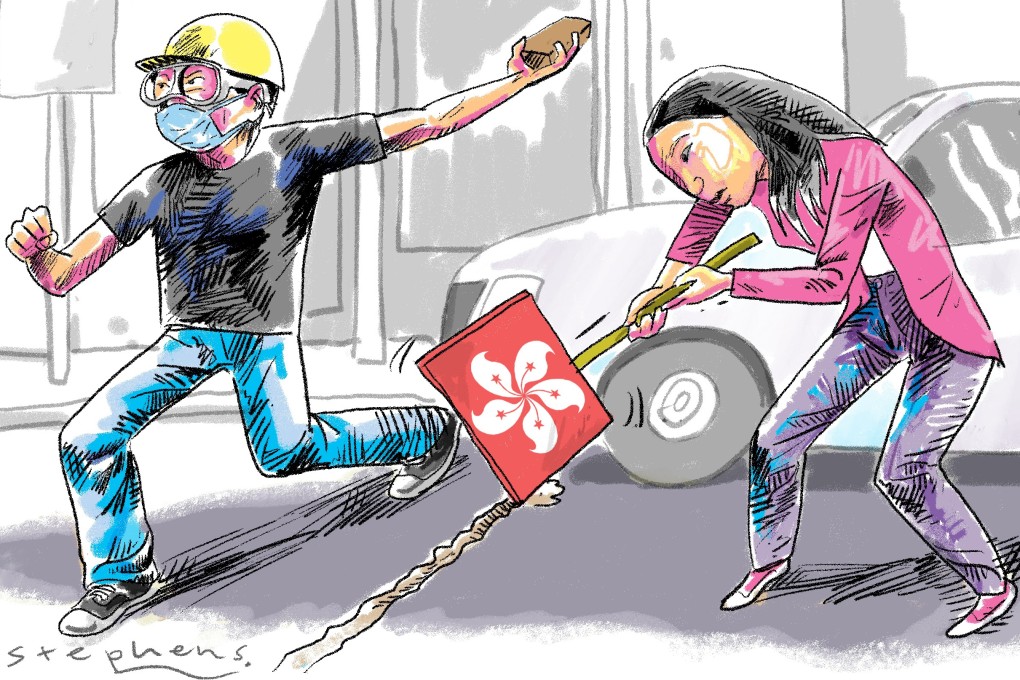Advertisement
Opinion | Can a Hong Kong in crisis turn away from violence and learn the lesson of democratic compromise? Sudan has shown how
- Violence on either side should not obscure the valid public concerns that continue to fuel massive protest turnouts. An unequal society is at the root of it all, and it is time for the government to sit down and listen respectfully to peaceful protesters
Reading Time:3 minutes
Why you can trust SCMP

At the beginning of the current protest movement, I wrote that there were two protest cultures in Hong Kong – one peaceful and one violent. At the time, I questioned which one would win. Among some, it is politically incorrect to talk about violence as part of what are regularly described as “Hong Kong’s pro-democracy protests”.
Yet, how else to describe the trashing of the Legislative Council, the regular attacks on police stations, petrol bombs, the harassment of passengers at the airport (not to mention the arbitrary detention of two mainlanders in that venue)? These, and more, are violent political acts and must be recognised as such, political incorrectness or not.
Of course, there is violence on the police side as well, and from the gangs in Yuen Long. None of it should be tolerated on either side.
Advertisement
While violence, in general, is a problem for any democratic movement, it is a particular problem in the current context. Protester violence obscures the message from the hundreds of thousands of peaceful protesters who have regularly taken to the streets to make their voices heard.
Peaceful protests may have started off as opposition to the extradition bill, but they have become much more than that, involving both young and old and they have a message that must not be lost.
Advertisement
Advertisement
Select Voice
Choose your listening speed
Get through articles 2x faster
1.25x
250 WPM
Slow
Average
Fast
1.25x
